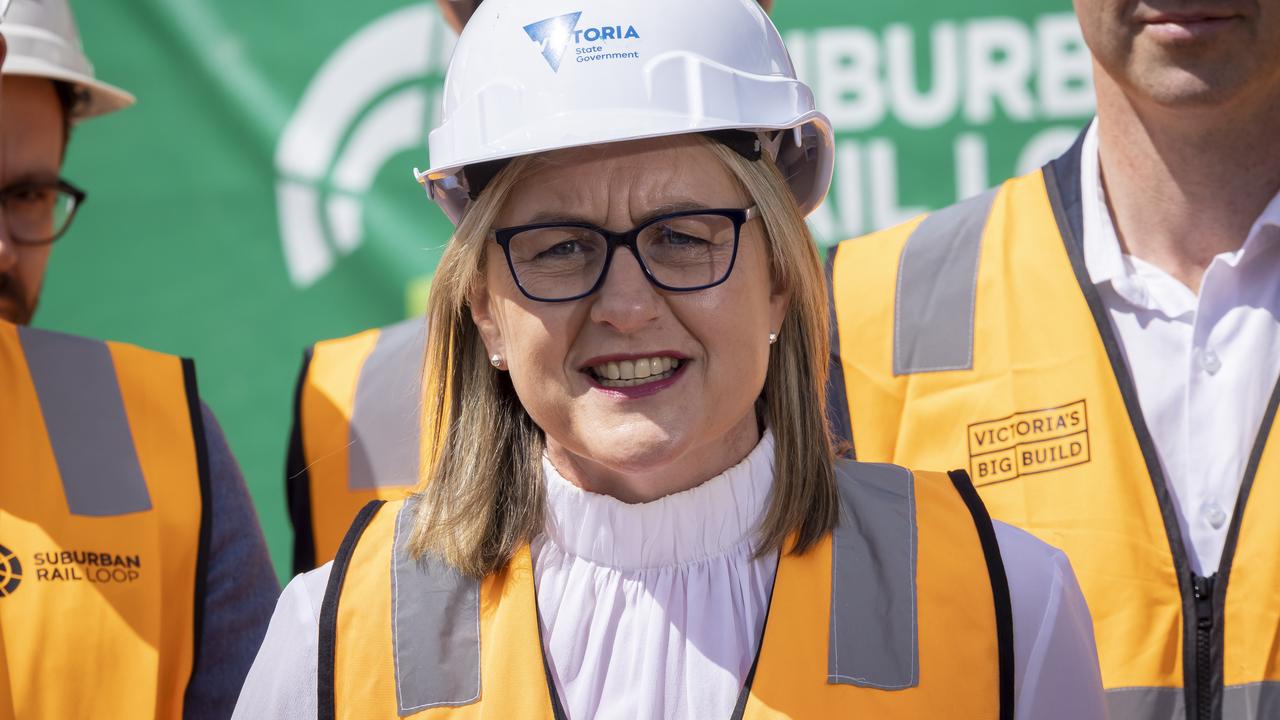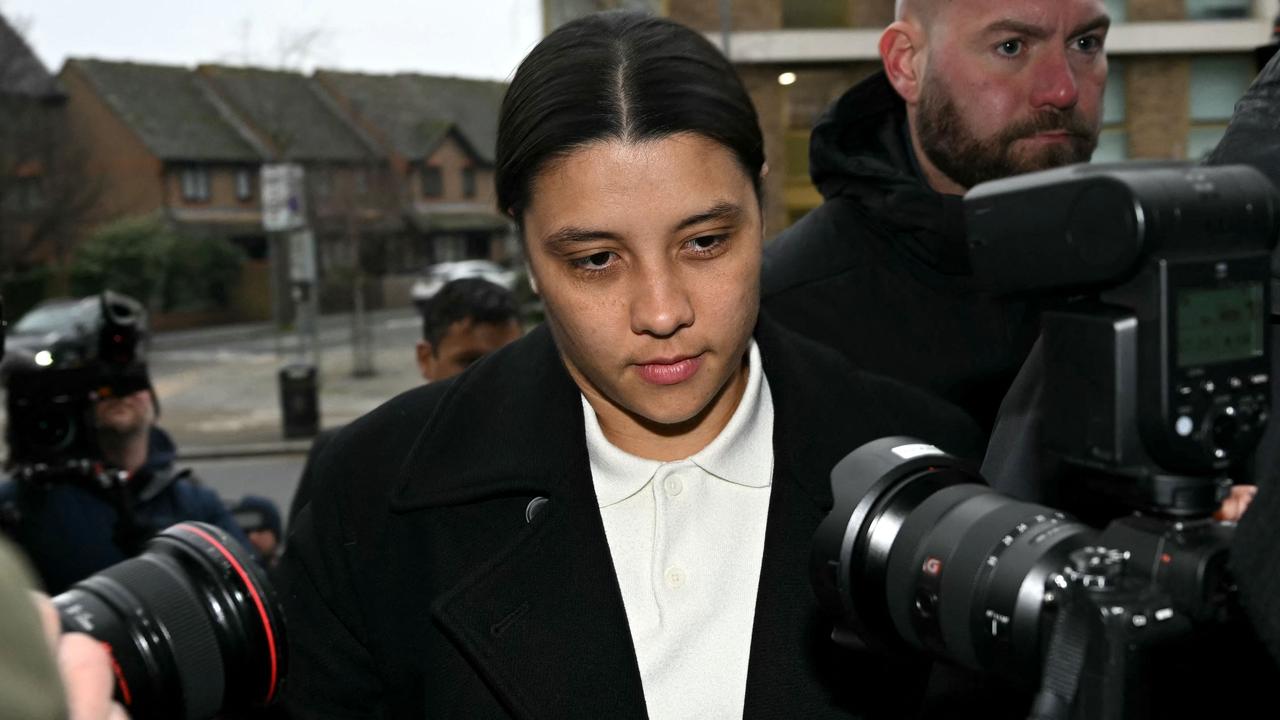MP Dr Anne Webster is ‘very concerned’ about the impact on country sport and people’s health
An overhaul of head-knock rules may result in country sporting clubs not being able to field teams, a Victorian MP has warned.
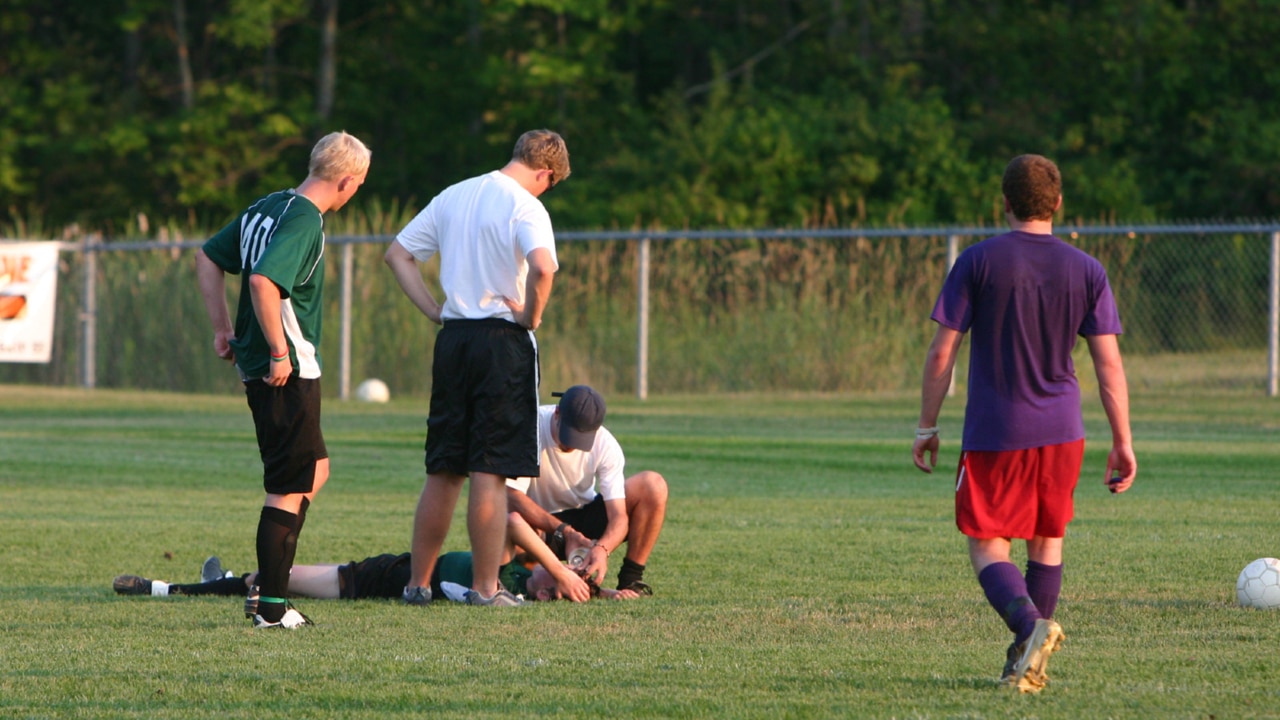
Victoria
Don't miss out on the headlines from Victoria. Followed categories will be added to My News.
Regional sporting clubs are at risk of being unable to field a team if players are benched for three weeks under new concussion protocols, a Victorian Nationals MP has warned.
New Australian Institute of Sport recommendations unveiled on Thursday also call for players to sit out contact and collision training for two weeks to prevent brain damage following a head knock.
But experts say major professional sporting codes are unlikely to face expensive litigation from former players if they do not adopt the safety measures.
Mallee MP Dr Anne Webster said she supported the changes but was “very concerned” about the impact it would have on the future of country sport and people’s health.
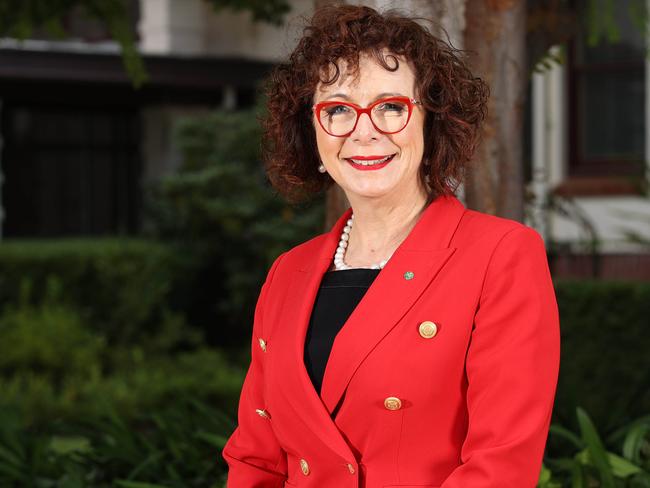
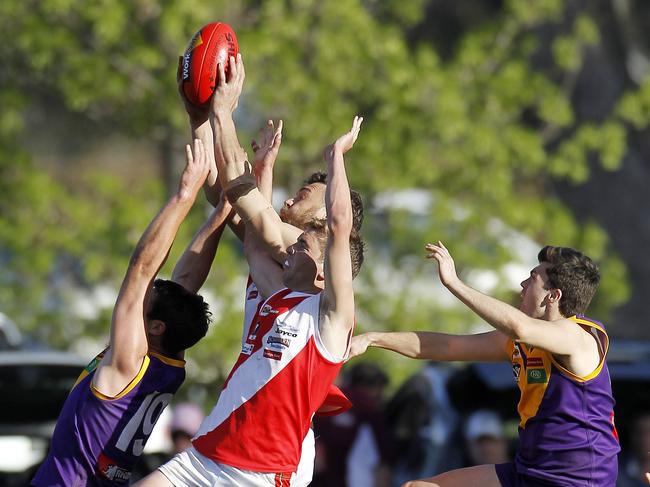
“The last thing we want is people dropping out of sport, clubs folding and the social fabric of regional communities – already torn during the pandemic – ripped to shreds,” Dr Webster said.
“Participation in those sports is more important than not being able to play because you haven’t got enough numbers.”
Dr Webster said codes may have to consider modifying the rules, making the grounds smaller with witches’ hats, or competing with fewer players if teams had players out due to brain trauma.
Health Minister Mark Butler welcomed the new guidelines saying it was critical that major sporting codes take up the advice.
“This is something parents feel really strongly about,” Mr Butler said.
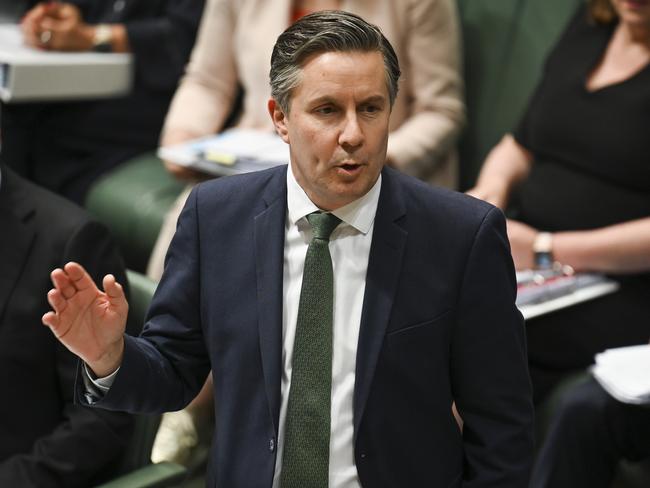
“They’ve watched the stories about the impact on some of our best-known sports stars, who play at an elite level, but they also see this happen on the sporting grounds every weekend when their kids are playing.”
Dozens of sports have adopted the new AIS concussion guidelines but professional organisations including the AFL, NRL, Rugby Australia, Cricket Australia, Football Federation Australia, Netball Australia and Tennis Australia have not.
University of Melbourne Associate Professor Jonathan Liberman said from a legal perspective, professional sporting bodies would not be vulnerable if they didn’t adopt the advice at the elite level because they had doctors who could individually monitor them and tailor specific programs for their return to play.
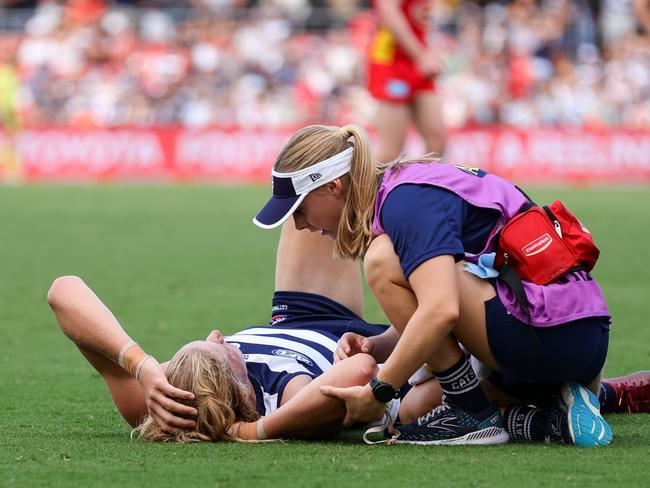
Prof Liberman said he expected that youth and community levels would be urged to follow the recommendations because they did not have the same expertise and resources.
The three-week stand down policy has been widely hailed by medical experts, but there are concerns that monitoring each case will be difficult without a nationwide database.
Former Geelong physical education teacher Ric Thompson said allowing school and club coaches to access information regarding concussions in their players would prevent many cases.
“I think change is coming (with school concussion protocols) … but there’s no data to act upon,” Mr Thompson said.



